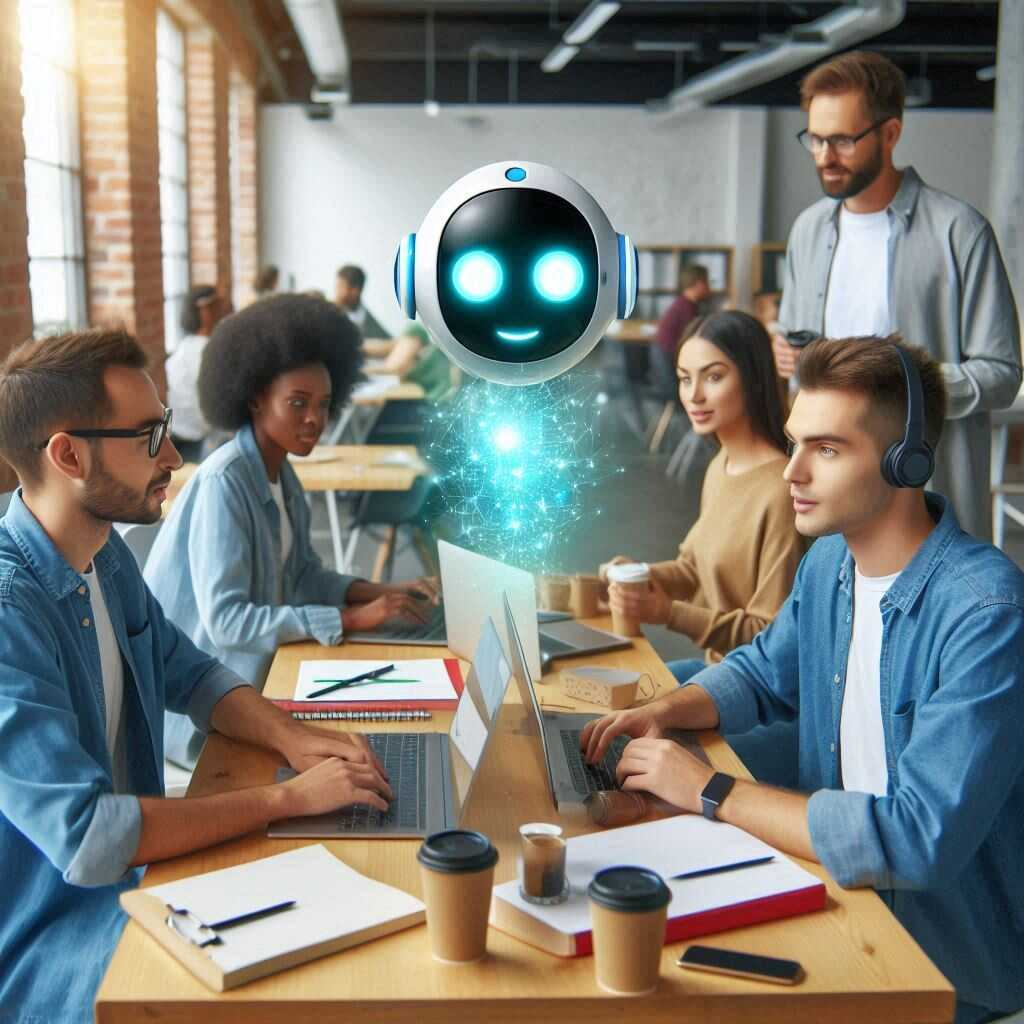How AI is Revolutionizing Software Engineering in 2024
Shubham Prakash

Introduction
Artificial Intelligence (AI) is becoming an indispensable ally for software engineers in 2024. As the demand for faster development cycles, higher code quality, and more innovative solutions grows, AI tools and technologies are stepping up to help developers achieve more with less effort. From generating code snippets to identifying bugs before they become problems, AI is reshaping how we build software.
In this blog post, we'll explore some of the key ways AI is helping software engineers today and what this means for the future of software development.
1. Automated Code Generation and Suggestions
Gone are the days when developers had to write every line of code manually. AI-powered tools like GitHub Copilot and TabNine use machine learning models trained on vast amounts of code to suggest context-aware code completions and even entire functions. These tools are not just auto-completing code; they are understanding the context, predicting the developer's next steps, and offering solutions that save time and reduce errors.
Benefits:
- Speed Up Development: AI can auto-generate boilerplate code, reducing repetitive tasks and freeing up developers to focus on more complex problems.
- Improve Code Quality: By suggesting best practices and detecting potential errors in real-time, AI helps maintain high standards of code quality.
2. AI-Powered Code Review
Code reviews are a crucial part of the development process, but they can be time-consuming. AI-powered tools such as DeepCode and Amazon CodeGuru analyze code to identify bugs, security vulnerabilities, and areas for improvement. These tools provide insights based on patterns learned from millions of lines of code.
Benefits:
- Enhance Security: Detect vulnerabilities that might be missed in manual reviews.
- Increase Efficiency: Accelerate the review process by flagging common mistakes automatically.
3. Intelligent Testing and Debugging
Testing and debugging can consume up to 50% of a developer's time. AI is making these tasks faster and more reliable with tools like Diffblue and Testim that automatically generate unit tests and identify potential bugs. Machine learning algorithms can simulate various test scenarios, prioritize test cases, and predict the impact of changes, leading to more robust software.
Benefits:
- Reduce Testing Time: Automated test generation and execution.
- Identify Critical Bugs Early: AI tools help catch critical bugs before they reach production, reducing the cost and time associated with fixing them later.
4. Optimizing Performance and Resource Utilization
AI is playing a crucial role in optimizing software performance and resource utilization. Tools like Snyk and AI-driven profiling tools can analyze code at runtime to identify performance bottlenecks, suggest optimizations, and predict resource needs.
Benefits:
- Improved Performance: By identifying inefficient code and suggesting optimizations, AI helps in creating faster applications.
- Resource Management: Predicts resource requirements for cloud-based applications, optimizing cost and usage.
5. Enhanced Collaboration and Communication
With distributed teams becoming the norm, AI tools like Slack's AI integrations, Microsoft Teams' bots, and GitHub's AI-enhanced issue trackers are making collaboration more efficient. AI-powered natural language processing (NLP) tools can automatically summarize discussions, prioritize tasks, and provide insights from team communications.
Benefits:
- Streamline Communication: AI helps reduce noise and ensures critical information is highlighted.
- Boost Productivity: Focus on meaningful discussions while AI handles administrative tasks.
Conclusion
AI is not just a buzzword in 2024; it is a practical tool that software engineers are leveraging to improve their workflows, reduce errors, and innovate faster. As AI technology continues to evolve, we can expect even more powerful and specialized tools to emerge, further enhancing the software development process.
Software engineers who embrace AI today will be well-positioned to lead in the future of technology. Whether you are automating mundane tasks or using AI to drive innovation, the future of software engineering is undeniably AI-driven.
Stay tuned as we continue to explore the ever-evolving world of AI in software development!



